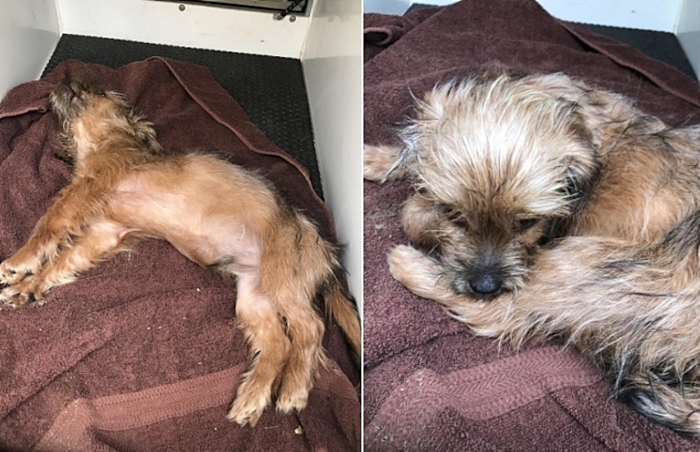
Reports of dogs being left in hot cars has hit a three-year high despite a major campaign to raise awareness of the dangers.
And Cheshire is among those counties which have seen a rise in reports in the past year.
There were 135 reports made to the charity in Cheshire in 2018 – an increase from 131 made in 2017.
In total, the charity received 8,290 reports across the UK last year.
Battersea Dogs & Cats Home, Blue Cross, British Parking Association, British Veterinary Association (BVA), Dogs Trust, The Kennel Club, The Mayhew Animal Home, National Animal Welfare Trust, The National Police Chiefs Council (NPCC), PDSA, RSPCA, Scottish SPCA, #TeamOtisUK and Wood Green The Animals Charity have teamed up to launch the Dogs Die in Hot Cars campaign.
Dogs Die in Hot Cars campaign manager Holly Barber from the RSPCA, said: “Last year was our busiest for three years with almost 8,300 emergency calls made to the RSPCA about this issue – that’s a 5% increase from 2017 and a 15% rise from 2016.
“It’s extremely concerning that despite all of our campaigning, dog owners are still ignoring our warnings and risking their pets’ lives by leaving them alone in cars on warm days.
“How many more dogs need to die before people realise that that split second decision – usually made due to convenience – could have life-changing consequences?”
Dogs suffer with heat-related conditions when the weather gets warmer.
Just a few weeks ago, a terrier puppy was found collapsed in Talbot Green, Wales, suffering from possible heat stroke.
A member of the public found the four-month-old pup (pictured) on Easter Monday when temperatures soared to the mid-20s.
The little dog – nicknamed Ollie – was rushed to a vet and put on a drip and thankfully recovered.
A quarter (26%) of vets surveyed as part of BVA’s autumn 2018 survey said they had seen cases of dogs requiring treatment for heat-related conditions over the summer.
The survey also found almost one in seven vets (13%) had seen a dog in their practice suffering as a result of being left in a car.
BVA junior vice president Daniella Dos Santos said: “Vets all too often see the unfortunate and sometimes tragic consequences of dogs being left on their own in cars, and it’s deeply worrying that so many owners are still prepared to take this risk despite numerous warnings.
“With summer just around the corner, it’s vital that everyone thinks twice about leaving dogs in a hot car even for a short while: ‘not long’ is too long.”
In an emergency, dial 999 and report a dog in a hot car to police.
The RSPCA may not be able to attend quickly enough and with no powers of entry would need police assistance at such an incident.
Some people’s instinct is to break into the car to free the dog.
But without proper justification, this could be classed as criminal damage.
People reporting the case should inform police of intentions and take photos or footage of the dog as well as names and numbers of witnesses.
The law states there is lawful excuse to commit damage if you believe the owner of the property you damage would consent to it if they knew the circumstances.
Dogs should be moved to a shaded/cool area and doused with cool water. Allow the dog to drink small amounts of cool water.
You can call the RSPCA’s 24-hour emergency cruelty line on 0300 1234 999 for advice.





















Recent Comments